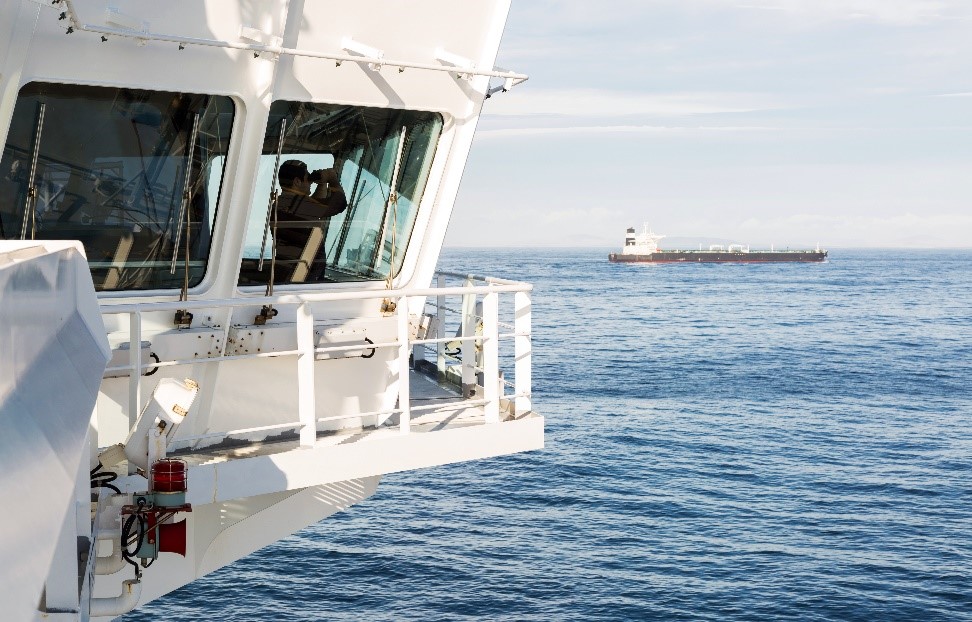Maritime Autonomous Surface Ships (MASS)
Increased automation on-board ships, which could reach ultimately full autonomy or become remotely controlled unmanned vessels, are not a new maritime safety issue. As a matter of fact, the IMO’s Maritime Safety Committee discussed automated ships as early as 1964 .However, the recent technological breakthroughs in the fields of information technologies, digitalization and machine learning, notably supported by EU funded research, have opened the possibility of a practical implementation of some of these solutions to MASS (Maritime Autonomous Surface Ships).
MASS has a "disruptive" potential with implications in terms of technical, economic, environmental, legislative and social impacts in the years to come. This development may also provide opportunities and new concepts which could improve logistics and, therefore, also improve the overall environmental impact of transport. As a natural consequence, MASS will also need to be tackled from a regulatory point of view, since regulations have traditionally offered a safety threshold but are also, sometimes, discouraging innovation, as they were often drafted in different times.
From the regulatory point of view, the IMO Maritime Safety Committee agreed to include on its agenda a new item on MASS and MSC 99 agreed to undertake a regulatory scoping exercise (RSE) to assess the impact of MASS upon the existing international maritime safety regulatory framework. It is expected that significant work will have to take place in a regulatory context after the completion of the RSE for the implementation and facilitation of further autonomy in shipping.
EMSA’s involvement
EMSA has provided support to the European Commission on this subject by participating at MSC meetings in relation to this subject and has provided input to the RSE. Furthermore, in relation to VTMIS (Vessel Traffic Management Information Systems), the Agency is also proactive within the High-level Steering Group (HLSG) for the Governance of the Digital Maritime System and Services and made a significant contribution to guidelines for trials with unmanned vessels.
A horizontal “task force” was set up in January 2020 within the Agency in order to become the technical facilitator in relation to autonomous ships and more in particular to become the platform for technical structured discussions with administrations, industry and academia.
Moreover, in 2019 EMSA commissioned the SAFEMASS study with the objective to identify new risks and regulatory gaps which will be created by implementing certain levels of autonomy.
Building on the results of the SAFEMASS study, EMSA commissioned the functional study RBAT. Standing for Risk Based Assessment Tool (RBAT), the project’s goal is to develop a framework for risk assessment for new MASS concepts.

